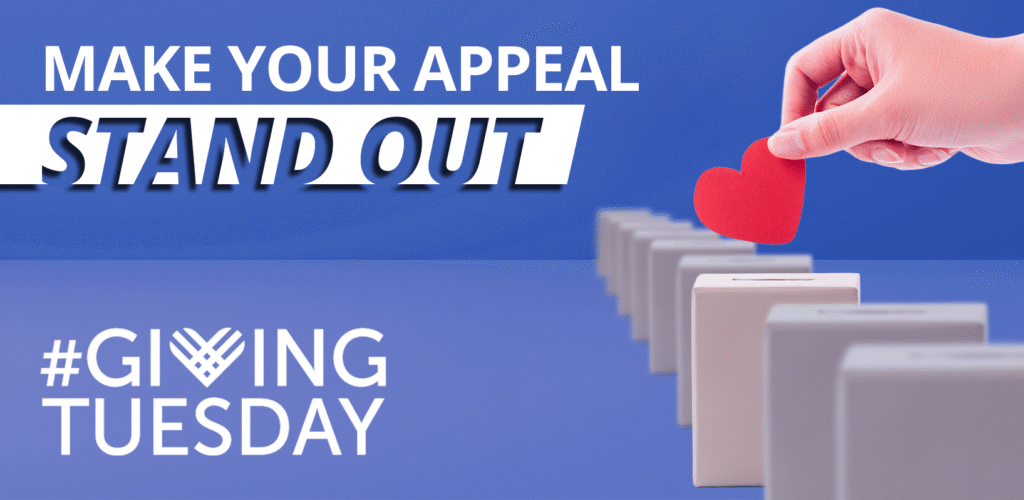There’s so much conversation these days about combating racism. So many protests. Most have been peaceful, while others obviously have the goal of precipitating violence, rioting and looting. Every day the news media broadcasts images of people carrying signs and shouting slogans.
Various well-known corporations vow they are committed to eradicating racism and are pledging sums of money to facilitate that. School districts are initiating anti-racism training and classes, and developing curriculum they hope will help accomplish the goal.
That’s all positive, and I applaud it. But there are other sides of racism that don’t get as much exposure and haven’t sparked campaigns to overcome.
I know, because I’ve seen one side of it firsthand.
My wife, an ethnically mixed woman, has experienced racism and when we’re out together, I get it too. She’s a very light-skinned Black woman with an articulate and precise manner of speaking. Sometimes when we go to restaurants or stores, servers treat us differently. They’re surly and our orders are often delayed. Once, when we went to have our taxes done at a local tax service, she told me the woman at the front desk emphatically denied her a bottle of water.
“She told me it’s just for employees,” Karla said. It wasn’t, of course.
 Here’s the kicker though. This racism isn’t directed at us from Whites – but rather from Blacks.
Here’s the kicker though. This racism isn’t directed at us from Whites – but rather from Blacks.There’s a twist to this story. We only encounter the nastiness in Philadelphia, never in the suburbs.
Most of the time the hostility comes from younger Black women, but older Black women have played their role in this too. My wife has met other light-skinned black women who report the same problem. We’ve talked about this and I say to her, “Honey, when they look at you, they don’t see another Black woman.”
I can only speculate as to the real reasons why this occurs and that would take a lot more space than I have here to define. I will say this; it saddens me because all racism is so unnecessary.
Because when we bleed, all human beings bleed red.
Let’s be clear. The human race has a long and savage history of hating, distrusting, enslaving, murdering, denigrating and dehumanizing those it perceives as different. It could be national origin, or a different language or a variation of pigment. Some of the suffering inflicted upon others is political and even economic in nature.
So what is the cure? How do we really fix this?
I must be blunt. Pulling down statues, hiding paintings, altering linguistic terms and assaulting people because they have a different opinion will ultimately change nothing.
Why?
It’s simple: because the root of this problem lies in the human heart – in the human soul – deep within the human mind. Emotional reactions, sadly, are to be expected. But we’re talking about changing the way people think, and tearing society down will only cause more problems. Remember, it is far easier to destroy than to create.
There is a way to address this, however. It is a well-known concept, but is being ignored, probably because it’s not as easy as marching down the streets and shouting. It doesn’t grab headlines or support social and political narratives. It takes a different kind of energy to implement.
So that this message gets through, I’m going to present it from several different cultural perspectives, yet they all essentially are saying the same thing.
Ready?
There is nothing dearer to man than himself. Therefore, as it is the same thing that is dear to you and to others, hurt not others with what pains yourself.
One should never do something to others that one would regard as an injury to one’s own self.
Do not do to others that which angers you when they do it to you.
Whatever is disagreeable to yourself do not do unto others.
Do to others what you want them to do to you.
There are concepts that are universal among human beings and this is one of them. History demonstrates that we can upend governments, start wars, conquer nations, develop wellness, wholeness, and anti-racism and equity programs and implement so-called best practices until we’re out of breath and exhausted.
We cannot really change our society, our civilization until we change ourselves from within though. We have to dig into the soil of our own hearts to do that.
Fixing the problem of racism means fixing our own individual state of mind, the twisted thoughts we harbor about others, the brutal actions inflicted upon others that only sows the seeds for more savagery. It means being able to look another human being in the eyes and seeing that person is the same as ourselves.
I know, it’s not easy. But it is so very simple. Sometimes, the simplest solutions to the most complex problems are often the best.




